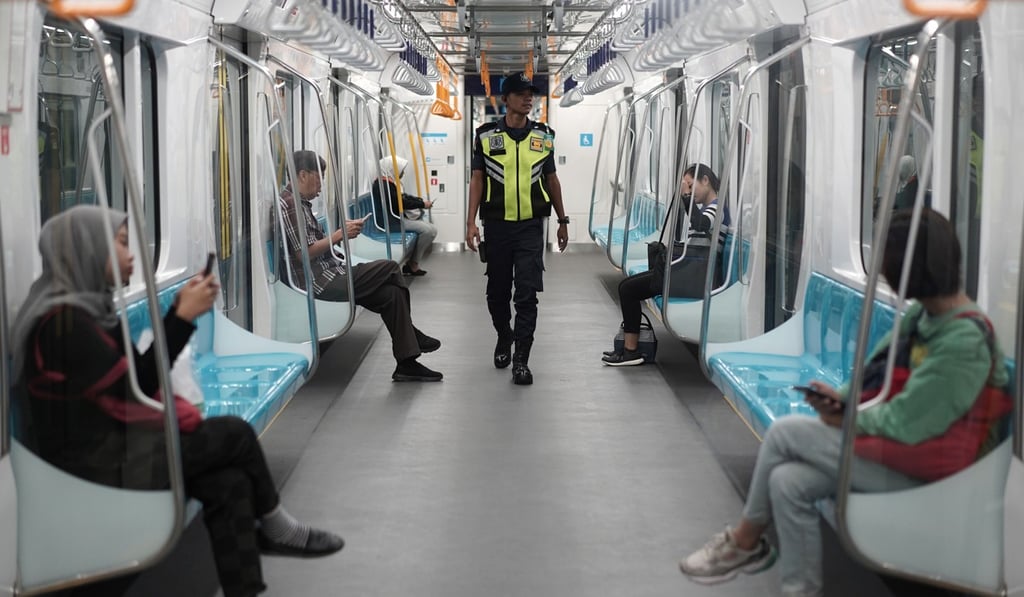Indonesian President Jokowi’s second term: free as a bird or a lame-duck president?
- With Joko Widodo all set for a second and final term in power, he claims to be unburdened
- But sceptics say he’s saddled with politics of patronage, doubts over his deputy, overbearing security forces and fallout from the US-China trade war

Over the course of the next five years, the former furniture businessman slashed that requirement to 58.
Still, despite his efforts, the country’s infamous tangle of red tape remains a significant obstacle to investment, so much so that Widodo has made tackling it a priority for his second, and final, five-year term in power. “I’m so annoyed I couldn’t solve a problem that was so obvious,” the man popularly known as Jokowi told a gathering of regional leaders earlier this month.
On Wednesday, the election authorities are expected to confirm quick counts from the April 17 election that show Widodo, 57, and his running mate Ma’ruf Amin won a little more than 56 per cent of the votes.
Widodo plans to use the next five years to implement bold economic reforms aimed at putting the world’s fourth-most populous nation on track to becoming its fourth-largest economy by 2045.
He plans to streamline the country’s bloated bureaucracy, make further cuts to red tape to increase foreign investment, and press on with his US$350 billion infrastructure drive. A further US$400 billion worth of development projects were in the works, planning minister Bambang Brodjonegoro told Bloomberg on Thursday.

A cabinet shake-up, to remove three ministers facing corruption charges, is expected after the Muslim holy month of Ramadan ends in June.